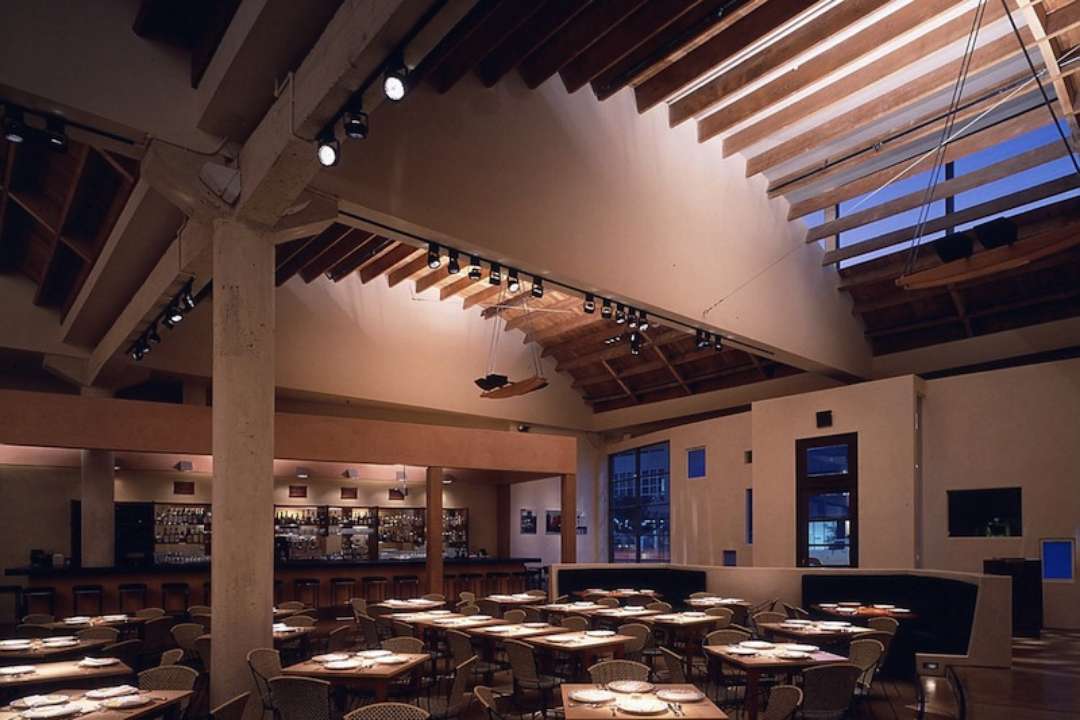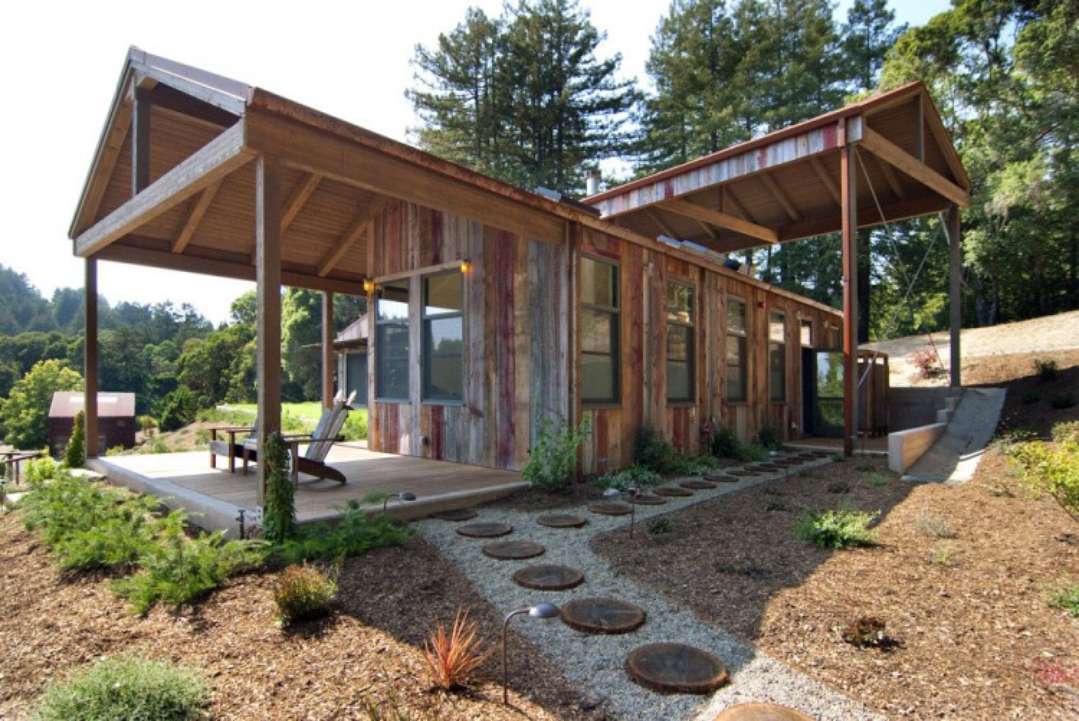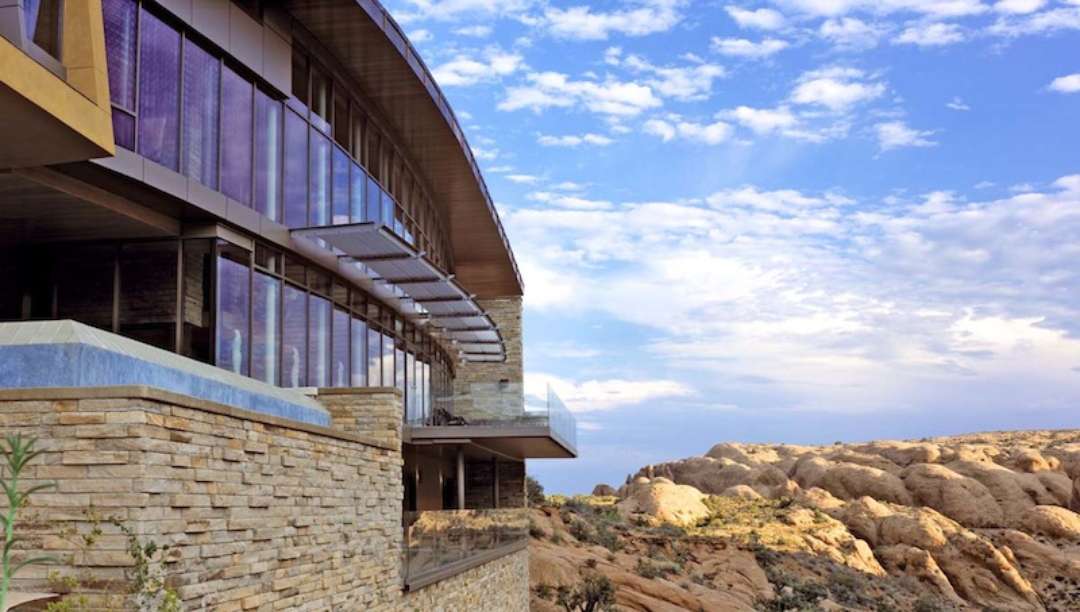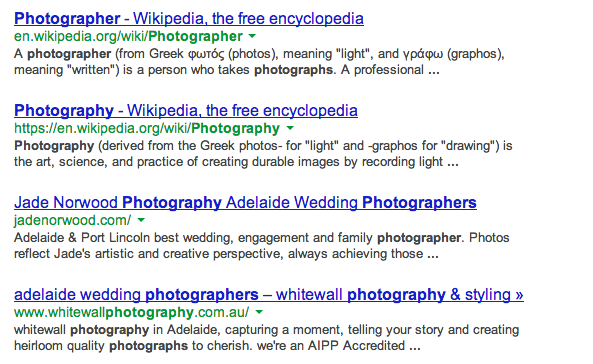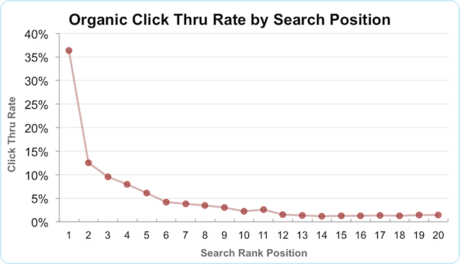Art Gensler did it. Jeanne Gang did it. Quarterlife architect Courtney Brett did it. So why not you? Maybe you're just starting to consider striking out on your own; maybe you've been at it for a year and you're beginning to wonder if you're cut out for this. Both your grad school mentor AND your therapist think you're brilliant. Your parents are starting to worry. Your friends are encouraging, but you wonder how much they know. "Ninety-nine percent of the challenge isn't how to handle invoices, how to negotiate contracts, how to hire your first person, how to do Revit versus CAD. Those are all issues, but the big issue is, how do you get hired?" says Mark Cavagnero, FAIA, principal of Mark Cavagnero Associates Architects, who started his firm 19 years ago. "How do you actually go off on your own and survive? It's the part no one ever talks about."
On Thursday night, Cavagnero moderated a panel at AIA San Francisco for young architects in just such a situation. He asked Sylvia Kwan, FAIA, of Kwan Henmi Architecture/Planning; Samuel Fajner ofTEECOM; and Cass Calder Smith and Melissa Werner of CCS Architecture to think back on their days as upstarts and share the strategies—and the random bits of luck—that helped them build a client base. Cameras from aecKnowledge were on hand to film the session, which will be available (for a fee) on theaecKnowledge website. Thursday's isn't online yet, but they do have the first "Starting Your Own Firm" panel, which Cavagnero put on for a packed house back in July. Come 2013, he and AIASF will host monthly discussions around the theme of growing a small practice.
The panel at AIASF on Thursday night, from left: Mark Cavagnero, Melissa Werner, Cass Calder Smith, Sylvia Kwan, and Samuel Fajner.
1. Who are you?
Before you start churning out press releases and wooing clients, "the first thing you need to do to define your brand is actually to define what you want to be when you grow up," says Sam Fajner. "You have to believe in what you do and find your passion, because if you don't find your passion, you're not going to be able to communicate that."
2. Socialize with the clients you want
Running your own firm means you're on around the clock. "It's not a separation anymore of work and after-work—it's more that you're living your social life around where you want to be," says Melissa Werner. "Don't think of work as a nine-to-five job. Where are you going to be after work?" Cass Calder Smith says he's found commissions designing houses in the Hamptons by hanging out there. "But you can't be in marketing mode" he says. "You have to be in cool guy mode." Fajner agrees: "It's about being yourself. People will appreciate that. They'll see right through the salesperson."
Sylvia Kwan offers one caveat, though: None of the above applies to public projects for institutional, government, or educational clients. "Nowadays with all these ethics laws and sunshine laws, and everything these public clients have to sign, they're so scared sometimes of even having lunch with you," she says. "So that whole socialization thing comes much, much later."
3. Find out what your city offers to local or minority-owned businesses
In San Francisco, you can register with the city as a Local Business Enterprise (LBE), which gets you a listing on the LBE directory as well as a means of finding out about upcoming city-funded contracts open for bid. Many projects backed by government money are required to contract a certain percentage of the work to businesses in the directory, so this is one (maybe the only!) scenario where you can rationally hope for a cold call. Registering can also open the door to collaborations with established firms. "Partnering with larger firms is a great way to get involved in larger projects," says Fajner.
4. Ask for advice
"Pick up the phone, select five firms that you admire," says Fajner. "Call the CEO and say, 'This is my name, I'm 25 years old, and I want to start my firm. I know that you started your firm 20 years ago; I really would like to have a conversation with you and understand what you went through, what were your struggles, what are the lessons learned, what are the mistakes that you did that you can save me from making?' You'd be surprised at how many people would be receptive to that call."
5. Budget time for marketing and business development
When you're a tiny firm of one or two, "marketing" can sound like a luxurious thing for other people. But no matter your situation, getting the word out about who you are and what you do is essential. "As soon as you can, you need to get publishable work," says Smith. "From a financial standpoint, budget for that: think about where you're going to spend your money. Trying to get a residential remodel published is a lot harder than a ground-up house. Sometimes you don't want to try to do things too hard."
Smith recommends looking at growth as just one more design mandate. "We're all trained to be creative problem solvers," he says. "At the same time, somehow we put bookends on it; I find a lot of us don't use it for ourselves in marketing ways or creative ways. You should slow down every now and then and go, 'I'm a trained creative person. This is what I do: I solve problems. So I'm going to apply that to my marketing situation."
Completed in 1992, Restaurant LuLu in San Francisco helped CCS Architecture secure its reputation as a firm with restaurant and hospitality expertise. Photo courtesy of CCS Architecture
6. Consider pro bono or a low fee—for the right project
If a project has built-in buzz, it can reap rewards for years to come. "I was very lucky because I got to design Restaurant LuLu a long time ago," says Smith. "Restaurants are seen by a lot of people, so if you have a chance to even work for free practically or team up with somebody on a very low fee on a project that you think will get a lot of visibility, and you're young and you can somehow scratch by, I would highly recommend doing that. It made a huge difference for me."
Werner concurs. "If you have the time to do something that's more of a pro bono job or something that's going to be really cool that's going to get a lot of press, a lot of times someone else is going to do the press for you. People have done set designs; we did slow food, the Eat Real Festival—there's a slew of things people can do. We don't have to market that. That has a whole team of people that's going to market it for you, and your name's going to get out there."
7. Enter design competitions
The bar of entry is lower than you think—and a little effort now could pay off later. "There are opportunities where all you need to submit is a couple of renderings," says Fajner. "That will get you some publication, sometimes in Arch Record, sometimes online. You never know who's going to read that. You have a piece that's going to be written for you; you're going have drawings and renderings that are online for people to see. That gives you a body of work. Even though it doesn't get built, and you might not win the competition, you get an opportunity to be seen." (Ed: Speaking of which! The final entry deadline for Architizer's A+ Awards is this Friday, December 21.)
8. Invest in good photography
To get published in print or on the web, you need stellar photos. "Much of the media is driven by having really high-quality photography," says Cavagnero. "Whatever dollars you can muster up, I would put them towards great photography, even the most modest project." Even if you can't afford dozens of photos, you can still make the most of the shots you have. "You might get ten good pictures, but they're so high res that you can crop into one really tight and end up with a number of good detail shots," says Smith. "You can usually make an average project look a lot better."
Find a photographer who understands your vision. "Start developing a relationship with a photographer you really like, whose work really appeals to you and resonates with you," says Cavagnero. "The really good photographers, when you talk to them about your ideas and your passions and what you're trying to convey in the work, they don't just walk out to the building and start shooting. You really want to cultivate what it is you're trying to do."
CCS Architecture's 2009 Aptos Retreat near Santa Cruz, California, comes up whenever anyone Googles the phrase "modern barn." Photo courtesy of CCS Architecture
9. The Internet is your friend
The great shrinking of print media means you'll have a harder time getting published in magazines. But, says Werner, "they all have web editions, and what's best about that is you can send those things out in every avenue you can think of." Werner recommends developing relationships with editors. "Over time, they come to you and they ask you for projects," she says. (Ed: Ahem. Send us your tips atinfo@architizer.com!)
The more you publish online, the more keywords are associated with your name, adds Werner. "A client found us one time just by looking up 'modern barn,' and our project came up, like, a thousand times. They were like, 'We have to talk to this architect!' And it's just because it was on so many different websites."
10. Parlay your small projects into bigger ones
Use any experience you have with a typology to grab more of it—and never, ever downplay your expertise. "Every single project you work on, you own it," says Kwan, who as a junior architect worked on airports and convention centers for Gensler. "I tell people this that I mentor: Even if you just did the toilet details at the airport—which I did!—so? You say, yes, I have airport experience, end of subject. Not, "Oh, but I only did the bathrooms!" Never apologize. You have to be really bold and confident when you start a firm. You're starting with very little, but your body of work, whether it's five years or ten years, you own it all."
Clients, though, always want the expert. How to break in and get on their radar? Smith did a lot of restaurants early in his career, and he began doing restaurants for Hyatt. "A lot of this stuff is really relationship-based," he says. "You do good work and they build up a lot of trust, and these companies start to find that it's easier for them to call you than somebody they might not know. If you're making their job easier, then they start saying, 'You guys are doing pretty good restaurants. Why don't you do this lobby, or why don't you do these rooms?' And now we're doing all that, and as we finish those, we're using that to market to Hyatt's competitors."
11. Partner with bigger firms to get on large projects
As a boutique firm, you won't have the capacity to handle those $50 million commissions—but you can get your name out there to the firms that do. "We let larger firms know that we're interested in working with them," says Werner. "We'll talk to a much larger firm that may specialize in something totally different from us, but it would make sense to bring us in as a restaurant person. That way we can have a small piece of a larger project, which would hopefully lead to bigger projects later on."
Sometimes it's possible to work on a project that's a stretch for you if the design architect is out of town and needs your local expertise, adds Kwan. "If you know this project type, but it's a little bigger than your normal scale, you can team up with a larger firm that has that experience," she says.
Nova House, by Kwan Henmi Architecture/Planning, was featured on the HGTV program Extreme Living. Photo courtesy of Kwan Henmi Architecture/Planning
12. Take oddball opportunities seriously
Kwan is glad she was paying attention to her email several years ago, when she received an announcement from the AIA about a joint venture with HGTV for a program called Extreme Living. "I went, 'Oh, we just did an extreme house!'" Kwan and her partner, Denis Henmi, submitted their Nova House, a desert dwelling perched on a 200-foot cliff in Utah, and got on the show. "Every six months they rerun the series and I get e-mails," says Kwan. "It's as if we designed the house yesterday."
13. Network in the whole industry, not just with architects
If you meet a furniture vendor at a party, don't overlook her just because she's not a designer. Manufacturers and suppliers have valuable information that could help you land some workplace design clients, says Cavagnero. "They're really good at business development and knowing which companies are looking in town—who's expanding, who's relocating, who's out looking for 30,000-foot space." Networking with commercial realtors is a good idea, too. "The relationships you make may very well not be with architects, but they're with other people who are looking at the same kind of work you are, but from a completely different angle," adds Cavagnero.
14. Get published where clients will take notice
Remember that your favorite magazines aren't necessarily the same ones that potential clients read. "Getting published in Arch Record is great," says Fajner. "Your peers are going to see your work. What about your clients?" Look for the influential business and lifestyle publications in your area. Adds Fajner, "It's great to get a pat on the back from your peers, but what you want is to be in the San Francisco Business Times, the Chronicle, where your clients are going to read about it."
15. Hang out with the remodeling crowd
There is a place where no one ever stops talking about remodeling, and it is the playground. Also the barbecue. And the gym. Pretty much anywhere that young parents congregate. "If you have children, they're your best business development tool ever," says Cavagnero. "Single-family-house work is word of mouth, and it comes through the schools and the parents of the children." Even with no prior experience, he says, "once you get to know them and they like you, and it's a modest project, they will hire you."
In conclusion! Launching your own practice demands a lot of effort, energy, and an extremely porous personal life. Cavagnero wraps it up:
"You can't veil or separate your private life. When you think you're ready to go to an event on a Thursday night just because there might be a client, or go to a playground because a friend of yours has a child and there's a little birthday party for seven-year-olds, when you honestly think you're ready to do that—and that doesn't sound goofy or weird or terrible to you, but you say, 'I can do that, that's OK, if that gets me an OK job, that's actually great'—when you're ready to do that, you're really ready to go out on your own. It means you're believing in yourself, you want it, you're willing to put a lot of your personal life into it to make it work. If you're not ready for that, you're probably not ready to go on your own, because people won't just call you to hire you. You're going to have to extend yourself."

